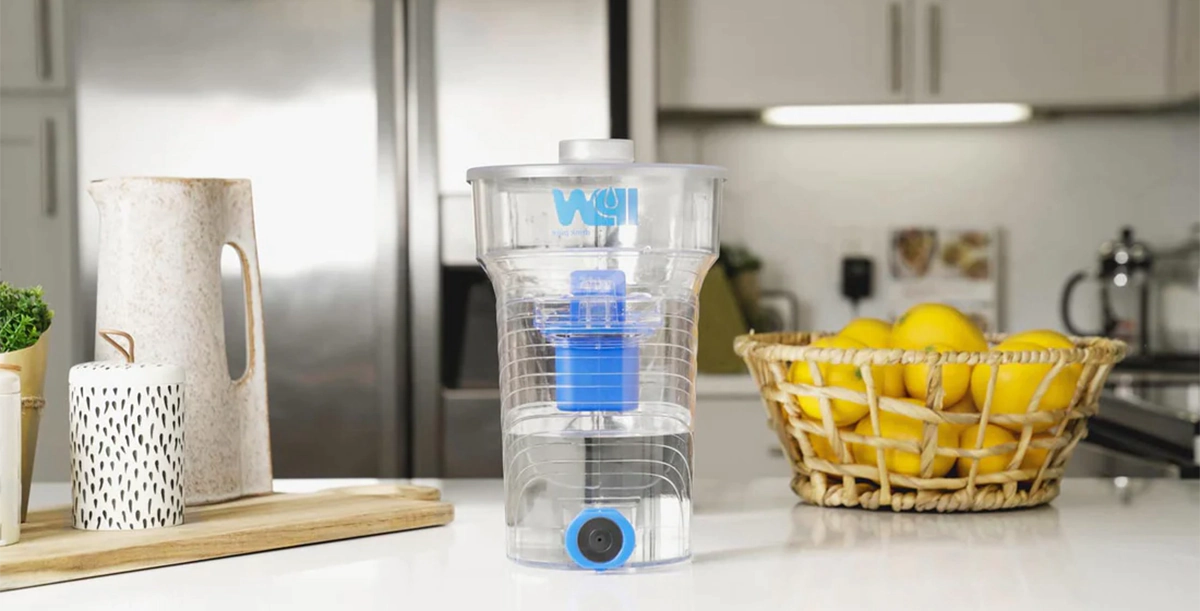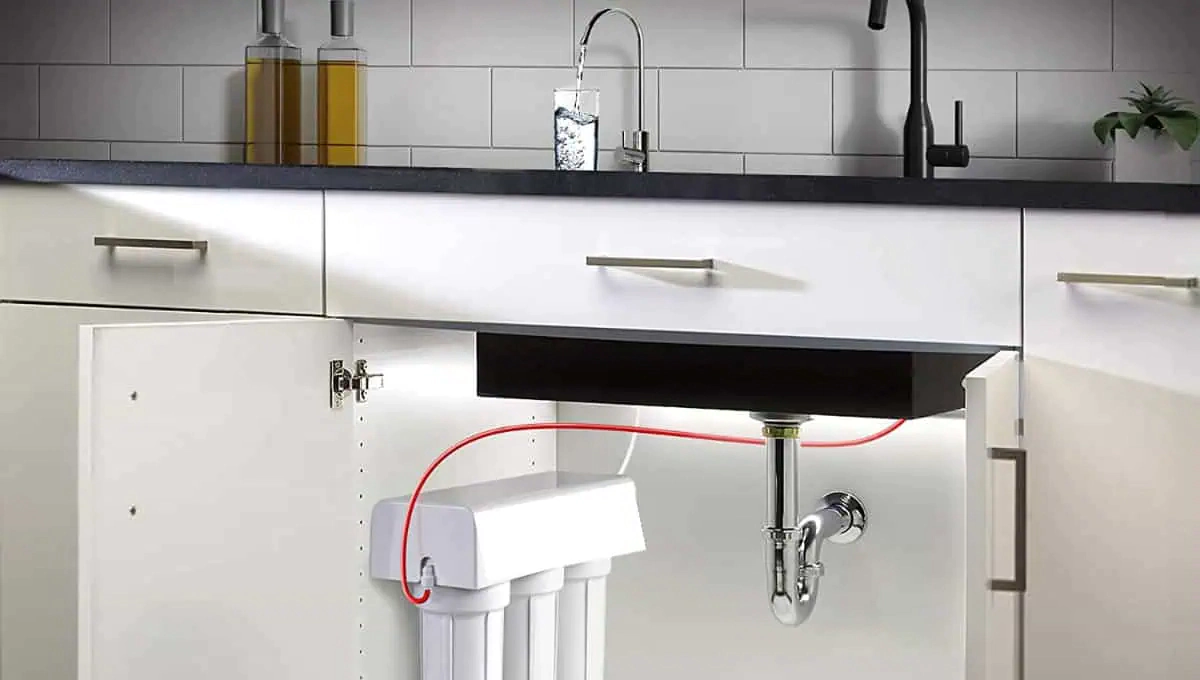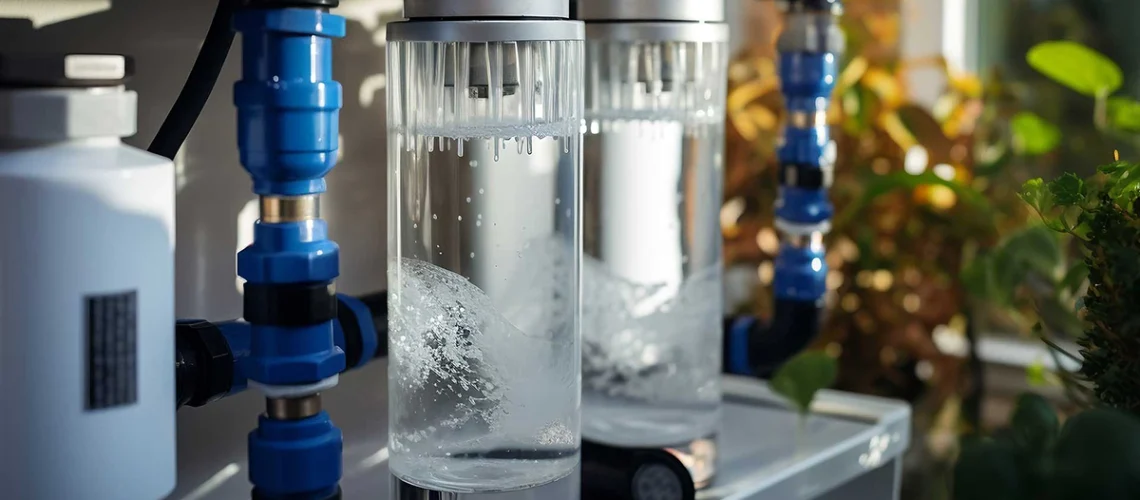Clean water is essential for drinking, cooking, and daily hygiene. While municipal water supplies are generally safe, many homeowners are turning to water filtration systems for added peace of mind. But is installing a water filtration system worth it? Let’s break down the pros and cons to help you decide.
Contents
Pros of Installing a Water Filtration System
- Improved Water Quality
A good filtration system removes common contaminants such as chlorine, lead, pesticides, and heavy metals. This means cleaner, better-tasting water that’s safer for you and your family.
- Health Benefits
Filtering out harmful substances can reduce the risk of health issues linked to poor water quality, especially for young children, pregnant women, and people with compromised immune systems.
- Better Taste and Odor
Chlorine and other chemicals used in water treatment can give tap water an unpleasant taste or smell. A filtration system helps deliver fresher, cleaner-tasting water straight from your tap.
- Environmental Impact
With a filtration system at home, there’s less need to buy bottled water, reducing plastic waste and the carbon footprint associated with manufacturing and transporting bottles.
- Protects Plumbing and Appliances
Hard water and chemical buildup can damage pipes, water heaters, and appliances like dishwashers. A filtration system helps reduce scale and prolong the life of your plumbing infrastructure.
- Cost Savings Over Time
Though the upfront cost can be significant, having filtered tap water eliminates the ongoing expense of bottled water, potentially saving you money in the long run.

Cons of Installing a Water Filtration System
- Initial Cost
Quality filtration systems, especially whole-house units, can be expensive to purchase and install. Costs vary widely depending on the type and size of the system you choose.
- Maintenance Requirements
Filters need regular replacement to remain effective. Failing to maintain the system properly can lead to poor water quality or even bacterial growth in the filter.
- Space and Installation
Some filtration units require dedicated space, plumbing modifications, or professional installation, which may be challenging in smaller homes or older properties.
- Over-Filtration
Some systems may remove beneficial minerals such as calcium and magnesium along with contaminants. This can slightly alter the taste and potentially reduce the health benefits of naturally occurring minerals in water.
- Not All Contaminants Are Covered
Different filters remove different substances. A basic carbon filter won’t eliminate certain bacteria, viruses, or heavy metals, so choosing the right system for your local water conditions is essential.
- Delayed Payoff
While a filtration system may save money over time, the return on investment isn’t immediate. For some, especially those with safe municipal water, the benefits may not outweigh the cost.

Conclusion
A water filtration system can offer clear health, environmental, and financial benefits—but it’s not a one-size-fits-all solution. Consider your local water quality, household needs, and budget before deciding. For many, the advantages of cleaner, better-tasting water outweigh the initial cost and upkeep. However, understanding the trade-offs will help you make the best choice for your home.
FAQs
While municipal water is treated and generally safe, it may still contain trace contaminants like chlorine, lead, or sediment. A filtration system adds an extra layer of protection and can also improve taste and odor.
Depending on the system, filters can remove chlorine, lead, pesticides, heavy metals, bacteria, viruses, and sediment. It’s important to choose a filter certified to remove the specific contaminants present in your water.
Whole-house systems filter all the water entering your home, while point-of-use filters (like those on faucets or under sinks) treat water at a specific location. Whole-house systems are ideal for treating water for bathing, laundry, and drinking, while point-of-use systems focus on drinking and cooking water.
Replacement frequency varies by system and usage, but most filters need to be changed every 3 to 12 months. Always follow the manufacturer’s guidelines to maintain performance.
Some systems, especially reverse osmosis units, can remove minerals like calcium and magnesium along with contaminants. If this is a concern, you can look for systems that retain healthy minerals or consider adding a remineralization filter.
Point-of-use systems are usually easy to install and often don’t require professional help. Whole-house systems are more complex and may need a plumber, especially if your home’s plumbing needs modifications.




